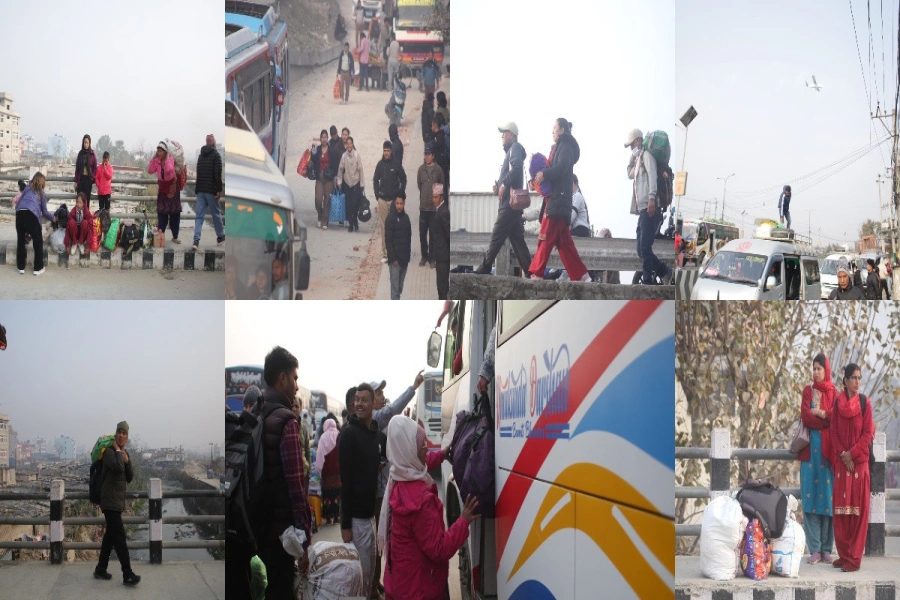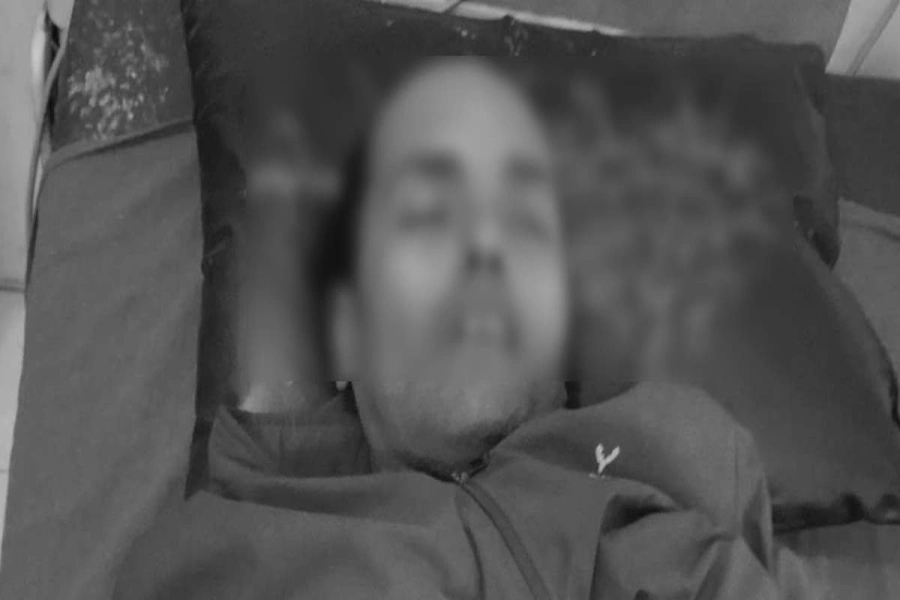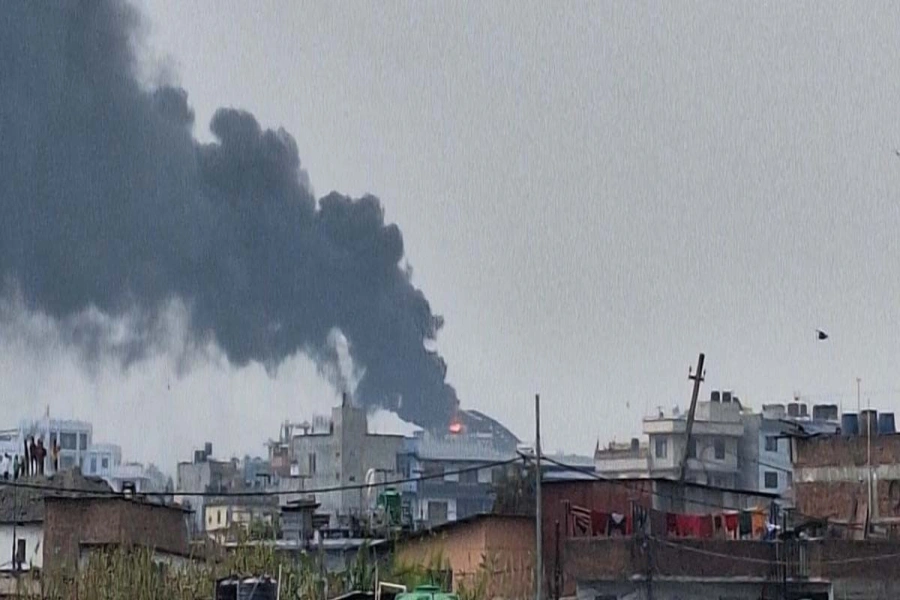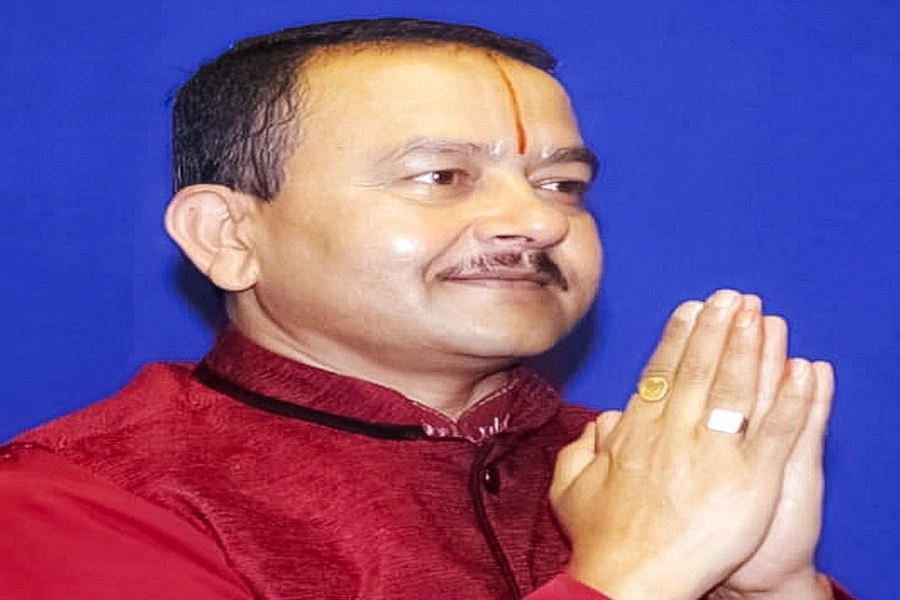KATHMANDU, Nov 30: The National Centre for AIDS and STD Control (NCASC) reported a 91 percent reduction in HIV infections in Nepal in 2023. According to the data released on the occasion of World AIDS Day, HIV infections decreased by 91% in 2023 compared to 2000.
Dr Sarbesh Sharma, the director of the NCASC, reported that only 457 new HIV infections occurred in 2023. In 2000, the number of new infections was 5,100.
He stated that the government's significant efforts in HIV treatment have led to a decrease in new infections. He explained that bringing infected individuals into the treatment process has reduced transmission and, consequently, the number of infections.
"We have identified the infected individuals and improved the treatment process. We have brought all the infected individuals into treatment. Those receiving treatment no longer transmit the virus after taking the medication. This has led to a decrease in infections,"Dr Sharma said.
He explained that the viral load in the bodies of those on medication has decreased.
More than 85 per cent HIV infection through unprotected sex: NC...

According to Dr Sharma, 87 percent of the infected individuals at present are receiving medication, which the government provides free of charge.
As of 2023, a total of 30,300 people were living with HIV in Nepal. Worldwide, 88.4 million people live with HIV, and 42.3 million people have died from AIDS-related causes. In 2023, around 1.3 million people contracted HIV globally.
Similarly, the number of deaths from HIV has also decreased. In 2023, altogether 231 people died in Nepal due to HIV-related causes, compared to 1,700 deaths from AIDS-related causes in 2010. Nepal first detected HIV/AIDS in 1998.
Director Dr Sharma stated that bringing about 5,000 individuals still outside the treatment process into care will help the government achieve its target.
"About 5,000 individuals are still outside the treatment process," he said. "We are working to identify them and bring them into treatment."
He stated that society still harbors stigma and discrimination against people living with HIV, and these need to be eradicated. In Nepal, high-risk groups among those living with HIV include people who inject drugs, sex workers, men who have sex with men, transgender individuals, and migrant workers seeking employment abroad.
The infection rate is higher among people who inject drugs and male sex workers compared to other high-risk groups. According to the 2020 national survey, 3 percent of people who inject drugs were found to be living with HIV.
Earlier, a 2017/18 survey found that 2.2 percent of female sex workers and 6.2 percent of male sex workers were living with HIV.
The 2024 national survey found that 0.2 percent of Nepali migrant workers in India were infected with HIV. In line with Nepal's National HIV Strategic Plan 2021-2026, the government is implementing HIV prevention programs, along with treatment, care, and support initiatives, for high-risk groups including people who inject drugs, sex workers and their clients, men who have sex with men, transgender individuals, migrant workers and their spouses, and prisoners in jails.
Under the same plan, Nepal aims to eliminate AIDS and HIV by 2030. The government plans to identify 95 percent of the estimated HIV infections, treat 95 percent of those identified, and reduce the viral load in 95 percent of their bodies.
Dr. Sharma, the director of the NCASC, stated that the authorities have identified 94 percent of individuals with HIV infections, provided treatment to 87 percent of those infected, and reduced the viral load in 74 percent of them.
Currently, 84 ART centers across 61 districts offer free antiretroviral treatment. The country is implementing community-based programs in all districts to prevent mother-to-child transmission of HIV.
On Sunday, December 1st, people worldwide, including in Nepal, will be observing the 37th World AIDS Day with the theme "Collective Action: Sustain and Accelerate HIV Progress."






-1200x560-1772467693.webp)































